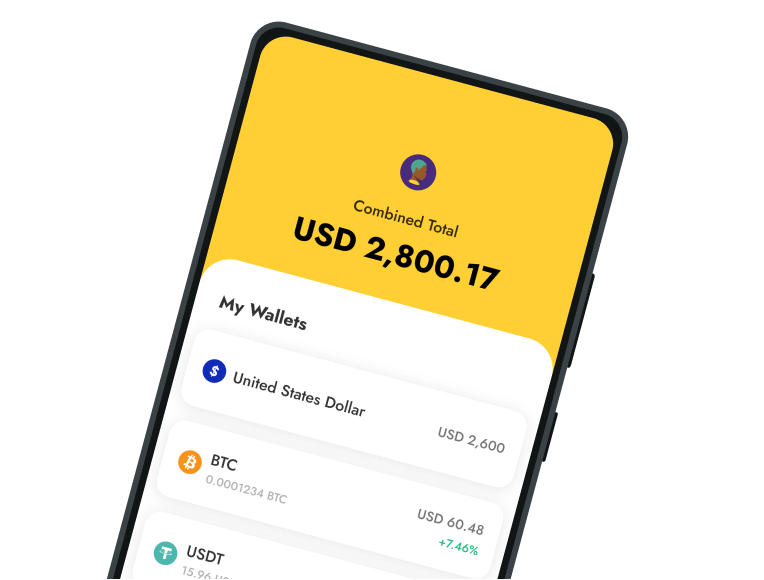2024-04-19
Bitcoin
BTC
About Bitcoin (BTC)
First introduced in 2009 by Satoshi Nakamoto, Bitcoin has held the crypto market's number one spot according to market capitalisation. Bitcoin paved the way for many existing altcoins in the market and marked a pivotal moment for digital payment solutions.
As the world's first cryptocurrency, Bitcoin has come a long way regarding its value. Over the years, this pioneering cryptocurrency has transformed the financial landscape and solidified its position as the leading digital asset in the market, boasting an impressive all-time high (ATH) of $68,000. However, one does not have to buy an entire bitcoin as bitcoin can be divided into small units called satoshis, named after the creator. A satoshi is equivalent to 0.00000001 bitcoin.
Unlike traditional physical currencies, Bitcoin exists solely in digital form, stored securely on a decentralised blockchain network. This transparent and censorship-resistant nature allows seamless transactions across the globe, unshackled from the control of any central authority.
Bitcoin facilitates swift and borderless transactions, enabling users to send funds to anyone, anywhere in the world, with ease and efficiency. This financial freedom and accessibility have garnered immense popularity and adoption over the years, solidifying Bitcoin's status as a transformative force in the world of finance.
How Bitcoin works
Bitcoin operates on a groundbreaking technology that fundamentally transformed the concept of currency and financial transactions. At its core, Bitcoin is a decentralised digital currency, often referred to as a cryptocurrency, with a unique structure that enables secure and transparent electronic transactions with no middlemen.
The backbone of Bitcoin's system is the blockchain, a distributed and immutable ledger that records every transaction ever made with the cryptocurrency. Instead of relying on a central institution to manage the ledger, Bitcoin leverages a network of participants known as miners, who contribute their computational power to maintain and validate transactions on the blockchain. These miners compete to solve complex mathematical puzzles in a process known as mining. By doing so, they add new blocks of verified transactions to the blockchain and secure the network.
The mining process known as Proof of Work (Pow) guarantees the security and integrity of the network by linking blocks in a chronological chain, preventing alterations to past transactions. Bitcoin's issuance is controlled by a predetermined algorithm, which enforces scarcity by halving the block rewards approximately every four years. This mechanism ensures a limited supply of bitcoins, with a maximum cap of 21 million coins, making it a deflationary asset.
As a digital currency, Bitcoin enables direct electronic transactions without the need for intermediaries like banks. Individuals can send and receive bitcoins directly to and from each other, regardless of their geographical location or borders. This borderless nature empowers global financial inclusivity and lowers transaction costs.
Bitcoin's innovation lies in its ability to establish a trustless, decentralised system through the use of blockchain technology and the proof-of-work consensus algorithm. As the pioneer of cryptocurrencies, Bitcoin has catalysed a transformative shift in the way we perceive and utilise money, opening up vast possibilities for a more inclusive and borderless financial landscape.
More about bitcoin from our academy
Get in the know with crypto insights, tutorials about cryptocurrency



